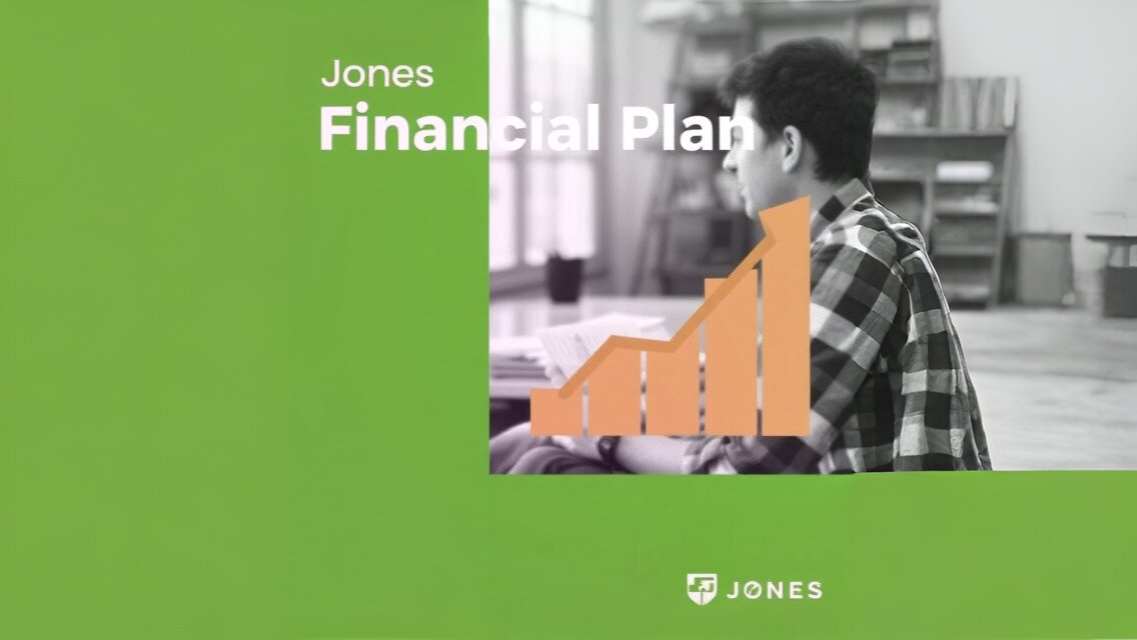Understanding Nonprofit Financial Planning
Nonprofit groups work to help people and causes. They are different from businesses because they do not aim to make profits. Instead, they focus on doing good things for society. Even though they do not make profits, they still need money to run their work, pay workers, and grow. Planning for money is very important because it helps nonprofits spend wisely and stay strong over time.
Jones Financial Plan is a simple guide to help nonprofits manage their money better. It helps them set clear goals, organize their money, and prepare for the future. Let’s look at how this plan works and why it is useful for nonprofits.
Why Money Planning Is Important for Nonprofits
Nonprofits often have money problems. They depend on donations, grants, and other ways of getting funds. These sources of money are not always steady. A good money plan helps nonprofits keep running even if money slows down.
Good money planning helps nonprofits:
- Set clear goals for their projects.
- Make sure they have enough money to pay for workers, tools, and other needs.
- Show donors that their money is being used properly.
- Be ready for unexpected problems or costs.
By following a money plan, nonprofits can focus more on helping people and worry less about money.
Important Steps in Jones Financial Plan
Jones Financial Plan is easy to follow and works well. It has a few important steps that every nonprofit can use. These steps keep nonprofits organized and ready for the future.
Setting Money Goals
Nonprofits need to know what they want to do with their money. The first step in the Jones Financial Plan is to set clear money goals. These goals can be simple, like “raise $50,000 for a new program” or “hire one new staff member this year.”
Making a Budget
A budget is a simple plan that shows how much money a nonprofit has and how it will use it. The Jones Financial Plan says that every nonprofit should make a detailed budget. The budget should include:
- Expected money coming in (like donations or grants).
- Expected money going out (like rent or supplies).
- Saving some money for future needs or emergencies.
Keeping Track of Money
Nonprofits need to know where their money comes from and how they spend it. Jones Financial Plan says to use easy tools like spreadsheets or simple accounting software. Checking income and spending regularly helps nonprofits avoid using more money than they have.
Saving for Emergencies
Sometimes, problems can happen suddenly, like fewer donations or higher costs. Jones Financial Plan suggests that nonprofits should save some money for such times. This saved money helps keep the nonprofit steady during hard times.
Reviewing the Plan Often
Plans need to change as the nonprofit grows or faces new challenges. Jones Financial Plan suggests checking the plan regularly. Reviewing progress and changing goals or budgets helps nonprofits stay on track.
How Jones Financial Plan Helps Nonprofits
Nonprofits that follow Jones Financial Plan can handle their money better and grow. The plan helps them:
- Use money wisely.
- Build trust with donors by showing good money management.
- Plan for new programs or expansion.
- Avoid money problems by being ready for tough times.
For example, a small nonprofit I worked with had trouble keeping track of money. They used the Jones Financial Plan to make a clear budget, set goals, and save for emergencies. In one year, they grew and helped more people.
Tips for Using Jones Financial Plan
Involving Everyone
All team members should know about the money plan. Regular team meetings to talk about the budget and goals help everyone understand and work together.
Using Simple Tools
Many tools can make money planning easy. Nonprofits can use software like QuickBooks or basic spreadsheet templates to track income and spending.
Talking to Donors
Donors want to know how their money is used. Sharing reports or updates about spending builds trust and encourages donors to give more.
Learning from Others
Looking at how other nonprofits manage money can give ideas. Jones Financial Plan includes examples and stories to help nonprofits learn good practices.
Challenges Nonprofits Face
Even with the Jones Financial Plan, nonprofits may face problems:
- Unpredictable Money: Donations and grants can change each year. Nonprofits should look for different ways to get money.
- Limited Staff or Tools: Small nonprofits might not have enough people to handle money. Easy tools and the simple steps in Jones Financial Plan can help.
- Changing Costs: Prices for things like supplies can go up. Updating the budget often keeps nonprofits ready.
A Simple Path to Success
Nonprofits do important work to make the world better. Managing money well is a key part of their success. Jones Financial Plan gives a step-by-step guide to help these groups reach their goals, grow their work, and make a big difference.
